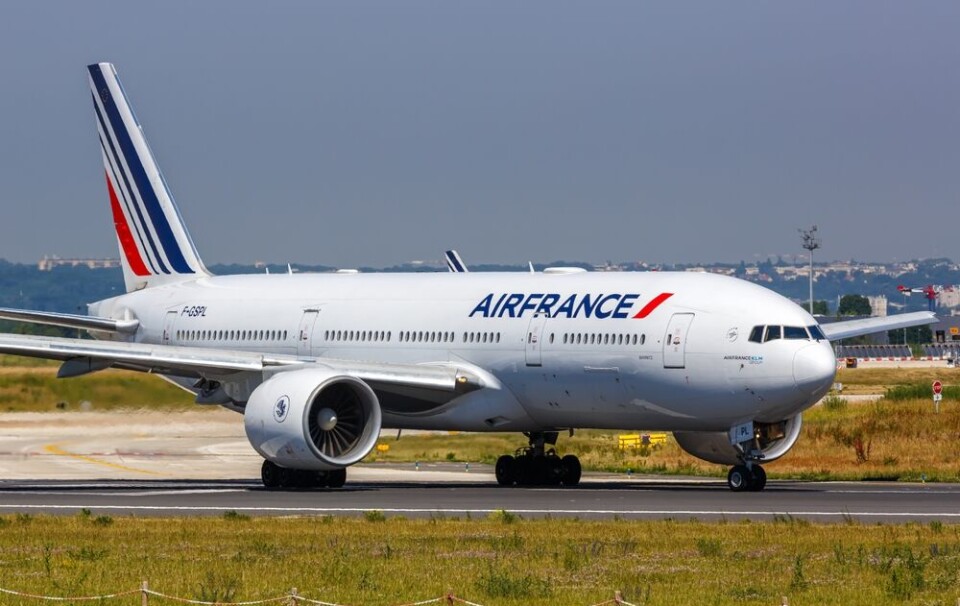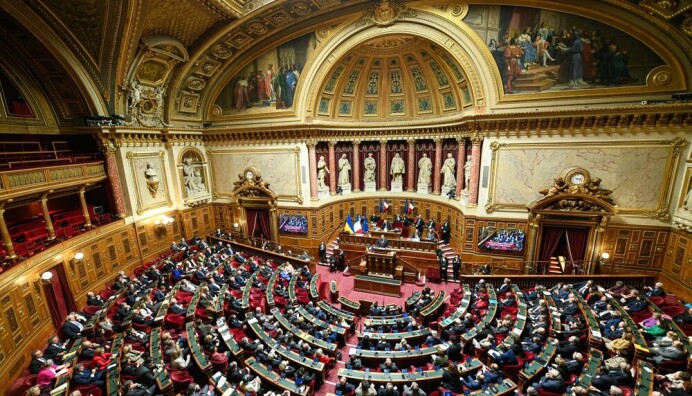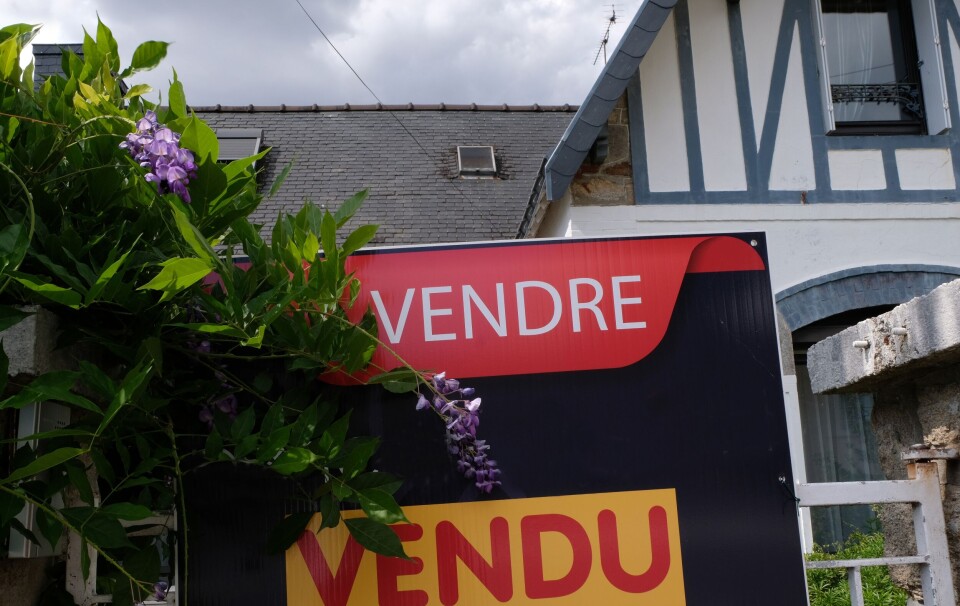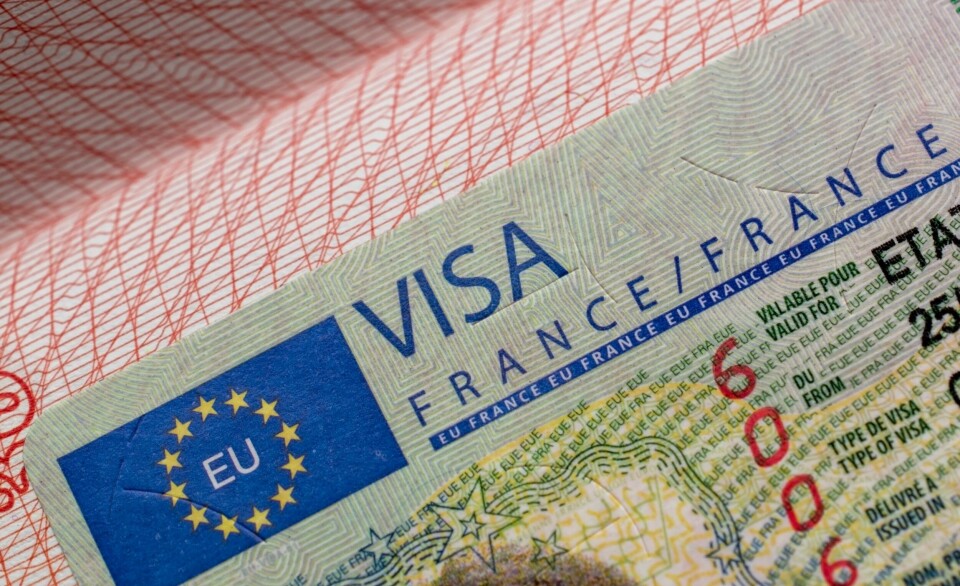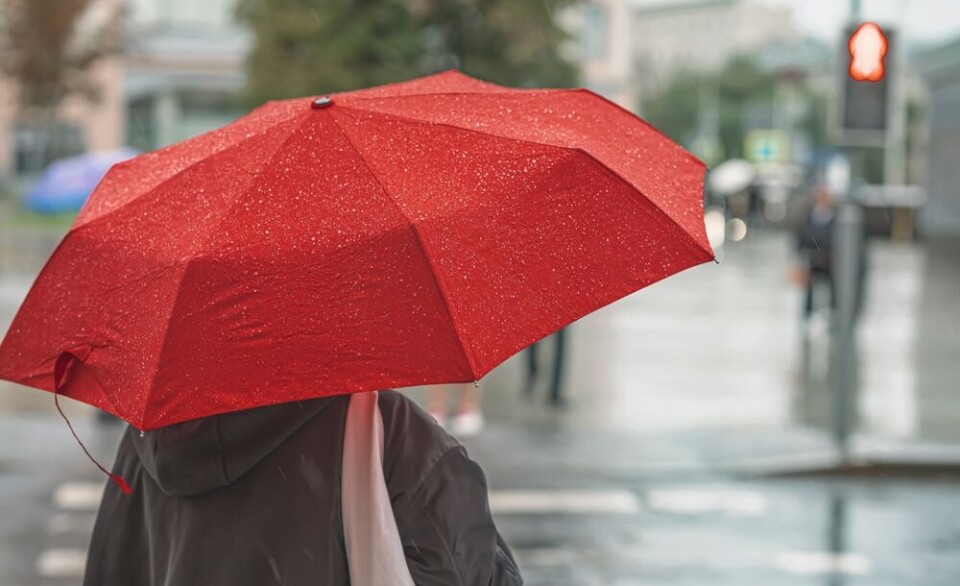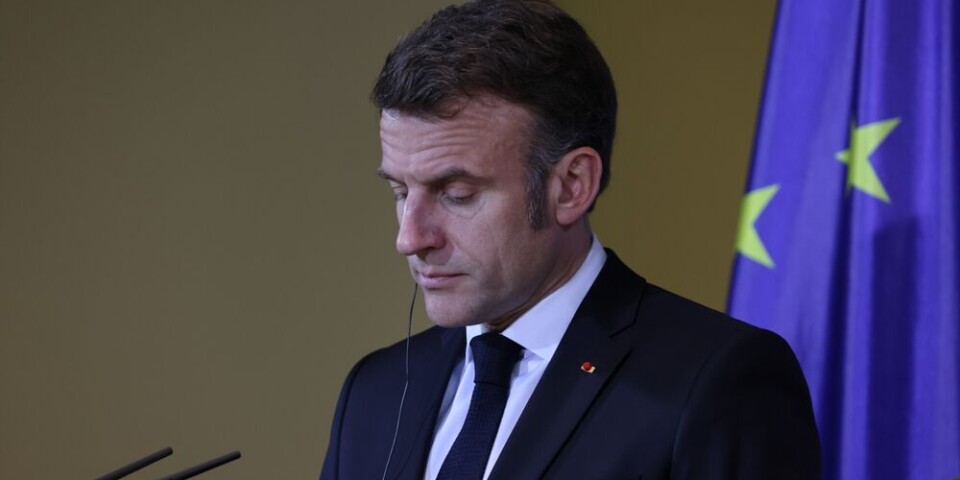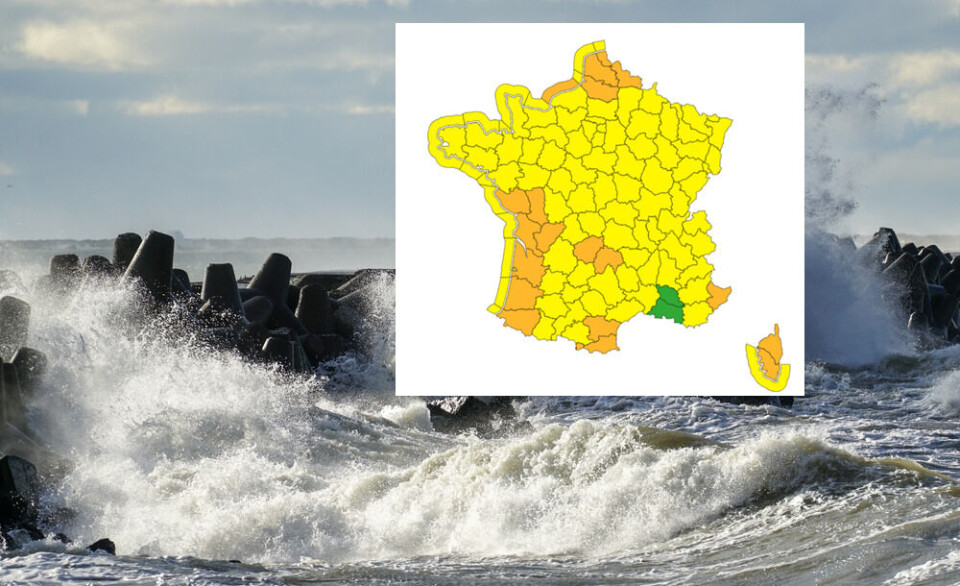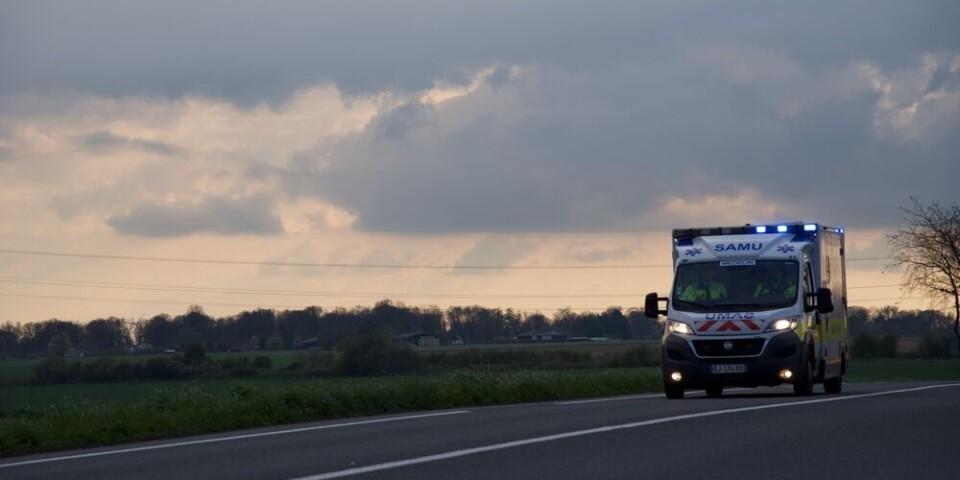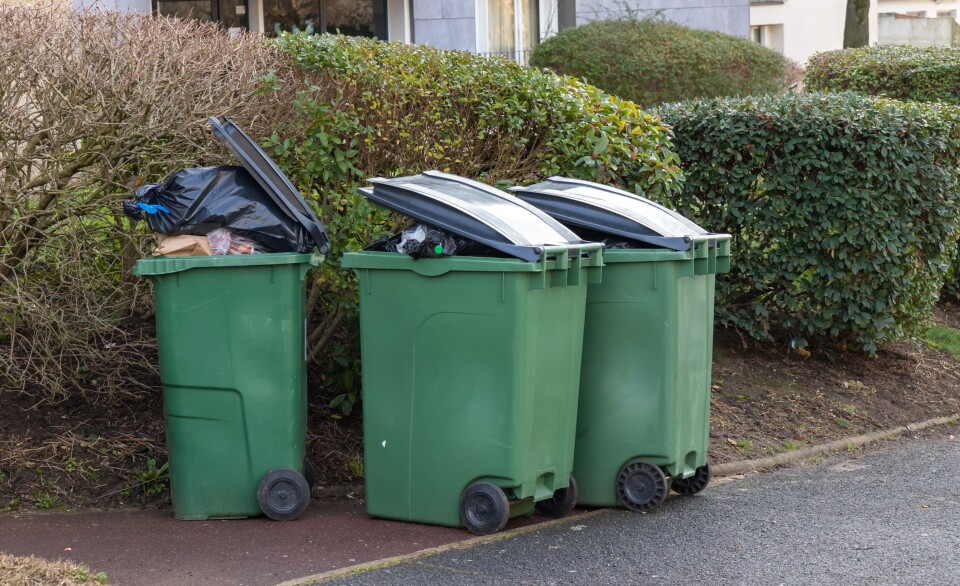-
New law proposal aims to ease renewal process for foreign residents in France
MP Fatiha Keloua-Hachi lodged proposed new law backed by a large number of fellow socialists
-
Air France expands US schedule with direct Paris-Las Vegas route
Airline now offers 19 US destinations
-
2025 small business VAT reform definitively cancelled after Senate vote
New 2026 proposals remain on table but likely to be struck out as MP debates get underway
Covid France: No end set for curfew despite MP calls
MPs have called on the government to set an end date to restrictions but ministers have said a relaxation of the rules is unlikely amid the ongoing crisis and spread of new variants

The curfew in France will stay in place as long as necessary, the government has said, as new variants spread - despite growing calls from senators and MPs for an end date to be set for the restrictions.
The 18:00-06:00 curfew was extended across the entire country on January 16 due to an “active circulation of the virus” and “the emergence of new, more contagious variants”.
At the time, Prime Minister Jean Castex said that the curfew would remain in place for “at least two weeks”.
It has now been in place for more than one month. No date for lifting the measure has yet been set.
Some senators and MPs have criticised the government in recent days, saying that there appears to be no long-term plan, and calling for an end-date to be announced.
Opposition Senator Bruno Retailleau said the government was “on autopilot”, while MP for Manche, Philippe Gosselin, told local newspaper Ouest-France that the curfew measure was starting to feel very “long”.
He said: “If the people are to remain in good faith, [the government] needs to set a limit.”
Thierry Benoît, MP for Ille-et-Vilaine, has also said that the measure will become more difficult to enforce and respect when the days begin to get longer as spring and summer approach.
So far, the government has shown no signs of relaxing the curfew soon.
MP Philippe Latombe said: “I do not see restrictions ending before we see a clear improvement in the epidemic.”
No changes to the current Covid rules are expected to be announced until March 8 - the end of the “February” school holidays - even after President Emmanuel Macron hosted a defence council meeting to discuss the evolution of the epidemic yesterday.
The prime minister has said that France is in “an in-between stage” when it comes to the pandemic.
And some medical experts have suggested that the stable case numbers are in fact the “calm before the storm” due to the spread of the new variants from the UK, Brazil, and South Africa.
Read more: No new Covid rules expected in France before March
Read more: Covid France: North on alert as variants spread
The epidemic is currently severe-but-stable, with daily case confirmations still high, but figures going down slowly overall since January.
The most recent figures from Santé publique France, for February 17, show 25,018 new cases confirmed over the past 24 hours. This is still far from the 5,000 daily objective that the government had set as a good level to aim for, in October 2020.
The objective for the number of patients in total in intensive care was set at 3,000. This currently stands at 3,338 - a figure that is at its highest since December.
Yet, while figures are still not at the thresholds set, MP Mr Latombe said that certain rules could be relaxed “step by step”, especially in departments with lower levels of the virus.
For example, in some areas, museums and public places could reopen as early as March onwards.
One minister - who did not want to be named - told news service FranceInfo: “This is a debate that is going to increase; we are going to be forced towards a relaxation [of the rules].”
Similarly, on the subject of other current rules - such as the closure of all non-food commercial centres over 20,000m2 - Economy Minister Bruno Le Maire has not announced an end date.
Gontran Thüring, general manager of commercial centre council le Conseil national des centres commerciaux, wrote in Ouest-France: “The closure could last until this summer. For the moment, the rents are paid, but we can expect to see some starting to fail in six months to a year.”
Related stories
Coronavirus curfew breakers: Controls intensified in France






